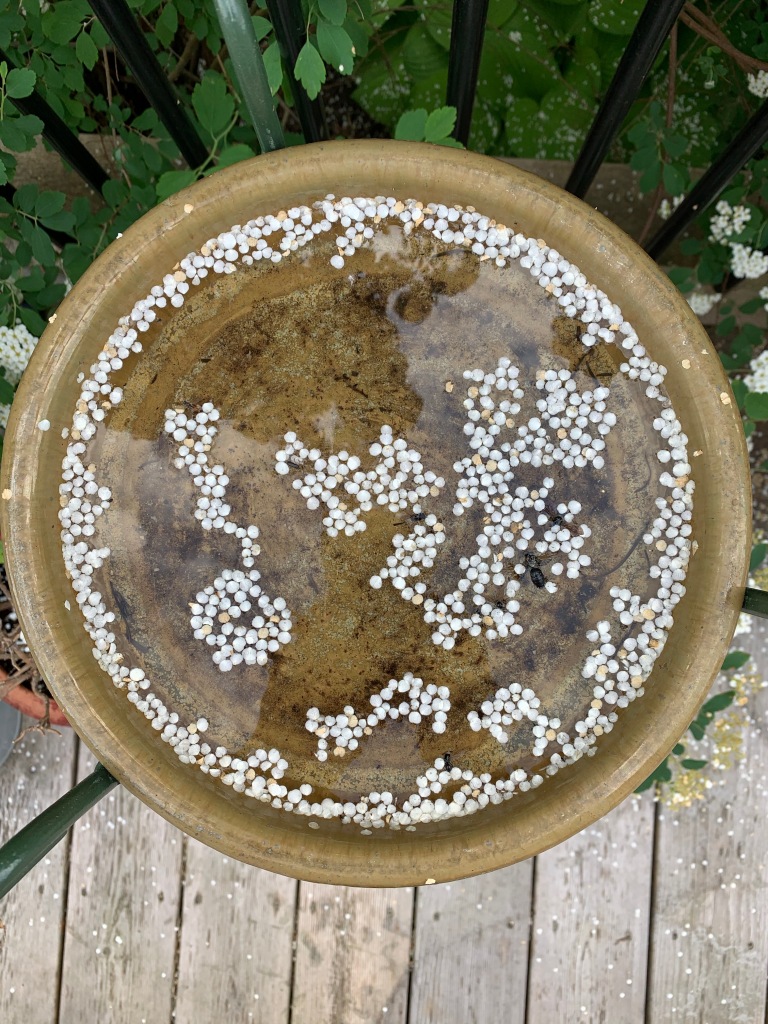How are you?
What are you practising?
What are you noticing?
Who are you becoming? (Or is that “whom” are you becoming?)
How are you now?
I am struggling with regaining practices: those hours of zazen, retreats in seclusion, silent meals and solitary walks. And… and, the inexplicable power of community, sitting, breathing together as a singular whole being.
In the desperate search for familiar ground, I (re)connected with teachers from various traditions. Apparently – and this I think I have heard – time moves on, people change. What a concept. Clearly no one had me in mind when they decided to grow older, wiser, petulant, resentful, joyous, whiny… And sometimes even forget they ever knew me.
How rude!
This too I think I have heard: what we see/feel/believe is not solely through the sensations coming from the outside in. Perhaps, one dear teacher suggested, in her nonchalantly pointed way, perhaps what you perceive arriving is only finding harmony with the tune you are singing in the moment? If that’s the case, I retort, I must be determinedly off tune to have spent so many years disenchanted by the great-ish masters. She smiles and asks if I want to meet again.
I am sad. The sorry state of the world has been laid bare for us in the past 16 or so months. It’s nothing new. The world has been crumbling for millennia; that is the first of the Buddha’s core teachings. But I don’t like this latest in-my-face version.
The Hsin Hsin Ming (this I know I have heard) teaches:
The Great Way is not difficult
Attributed to Seng-ts’an
for those who have no preferences.
When love and hate are both absent
everything becomes clear and undisguised.
Don’t get hooked by the words ‘love’ and ‘hate’. More correctly, are you hooked on them? There’s your practice! Remember, we aren’t Humpty Dumpty in Alice in Wonderland:
“When I use a word,” Humpty Dumpty said, in rather a scornful tone, “it means just what I choose it to mean—neither more nor less.”
Perhaps I should suggest, use words to mean only and precisely what YOU choose them to mean. Then notice if the impact is what you would have chosen to occur.
So much becomes disguised between feelings and response. The desire and then striving for absolutes like love and hate are only measures of my delusional nature, of what I thought I wanted or heard. Still, to practice an ease of releasing love and hate as they arise seems risky, like wandering into the wilderness of this new reality without protection. But what choice do we have?
I am unsure. Yet this I have heard through the Hsin Hsin Ming: when we sense “movement in (the) stationary and the stationary in motion”… “dualities cease to exist.” Then the Great Way is simply this:
I am here




